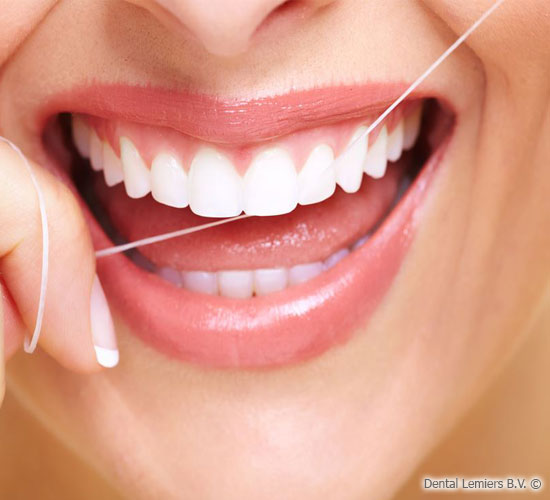Maintaining good oral hygiene is crucial for a bright and healthy smile. Beyond just brushing and flossing, this hygiene is rooted in scientific principles that contribute to optimal dental health. This article will explore the science behind a bright smile and delve into the importance of oral hygiene practices. Understanding the science behind oral hygiene will empower you to make informed decisions and take effective steps to care for your teeth and gums.
Maintaining Oral Hygiene: Battling Dental Plaque And Tooth Decay
Oral hygiene primarily focuses on preventing dental plaque buildup and tooth decay. Plaque is a sticky film of bacteria that forms on teeth throughout the day. When left unaddressed, the bacteria in plaque produce acids that erode tooth enamel, leading to cavities. Regular brushing and flossing help remove plaque, disrupting the bacterial growth cycle and minimizing the risk of tooth decay.
The Role Of Saliva in oral hygiene
Saliva plays a crucial role in oral hygiene. It acts as a natural defense mechanism against tooth decay and gum disease. Saliva helps neutralize acid attacks, remineralizer teeth, and wash away food particles and bacteria. A dry mouth, or reduced saliva production, can increase the risk of dental problems. Staying hydrated, avoiding tobacco and alcohol, and practicing good oral hygiene all support a healthy saliva flow.
Importance Of Proper Brushing Technique
Mastering precise brushing is crucial. The American Dental Association suggests a soft brush, fluoride toothpaste, and two gentle two-minute sessions daily. Brush in circles, covering all teeth, gums, and corners. Gentle approach prevents enamel damage and gum irritation.
The Role Of Dental Flossing
While brushing is essential, it cannot reach all areas between teeth and along the gumline. This is where dental flossing comes in. Flossing removes plaque and debris from areas that a toothbrush cannot reach. It helps prevent gum disease and cavities between teeth. The proper flossing technique involves using a fresh section of floss for each tooth, sliding it gently between teeth in a C-shaped motion, and ensuring it reaches below the gumline.
Regular Dental Check-ups And Cleanings
Regular dental check-ups and professional cleanings are fundamental to maintaining oral health. Even with diligent at-home care, plaque and tartar can accumulate over time. Dentists and dental hygienists have specialized tools to remove stubborn plaque and tartar, reducing the risk of gum disease and tooth decay. Additionally, dental check-ups allow for the early detection of potential dental issues, ensuring prompt treatment and prevention of further complications. Oral hygiene is rooted in scientific principles contributing to a bright and healthy smile. Understanding the science behind oral hygiene empowers you to take control of your dental health. You can achieve optimal oral health by effectively removing dental plaque, promoting saliva flow, practicing proper brushing and flossing techniques, and scheduling regular dental check-ups. Remember, a bright smile is aesthetically pleasing and indicates a healthy mouth. Invest in your oral health and enjoy the benefits of a radiant smile for years.


